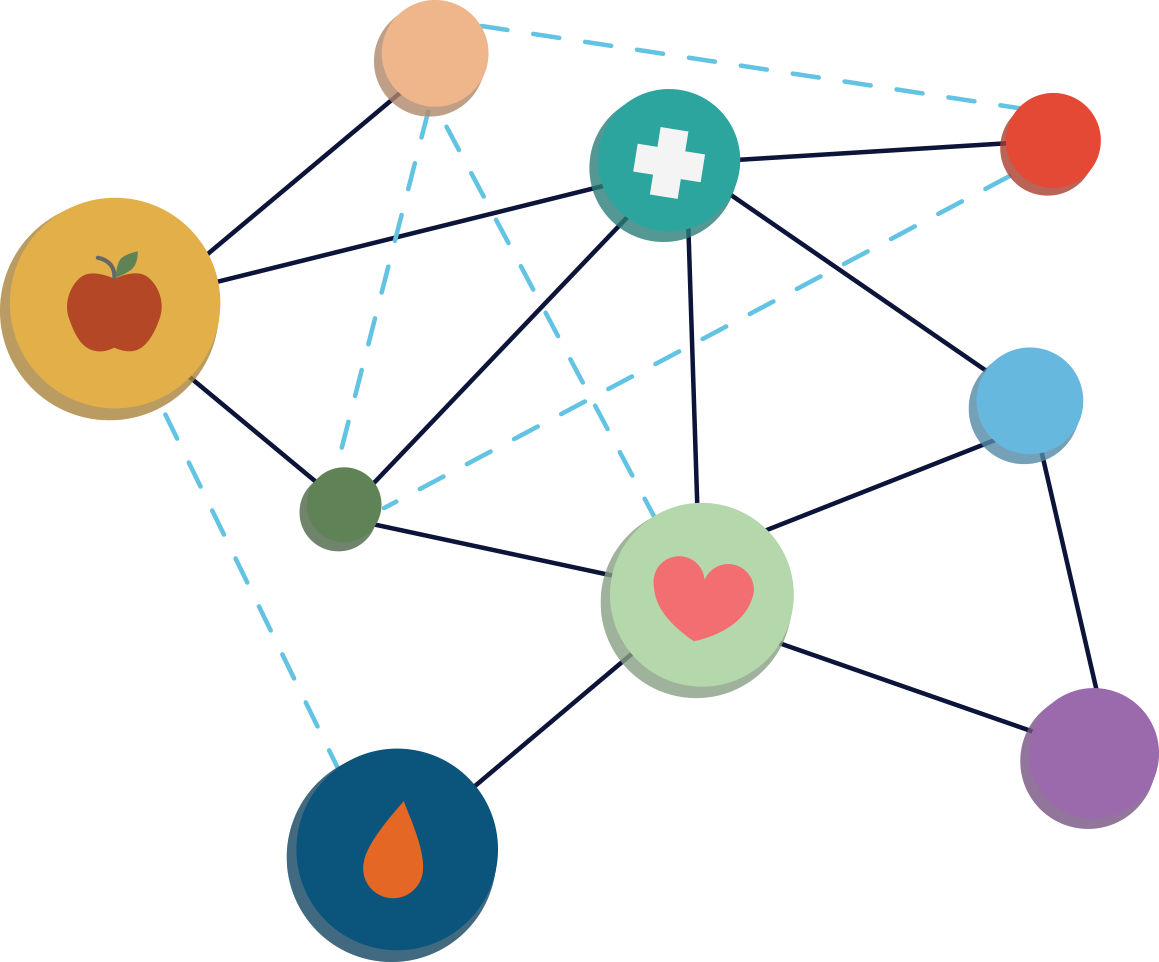“People need to think about how they can decrease their chances of developing dementia in later life. With what we now know, controlling hypertension is at the top of the list.”
Walter Koroshetz, M.D., Director of NIH's National Institute of Neurological Disorders and StrokeTake the Quiz
Question {{questionIndex + 1}}/{{quiz.questions.length}}
What role does your blood pressure play in keeping your brain healthy?
Let’s work together to connect the dots. Test your knowledge of brain health by taking this interactive quiz.

{{quiz.questions[questionIndex].text}}
{{quiz.questions[questionIndex].answerText}}
{{quiz.questions[questionIndex].answerTextTrue}}
{{quiz.questions[questionIndex].answerTextFalse}}










